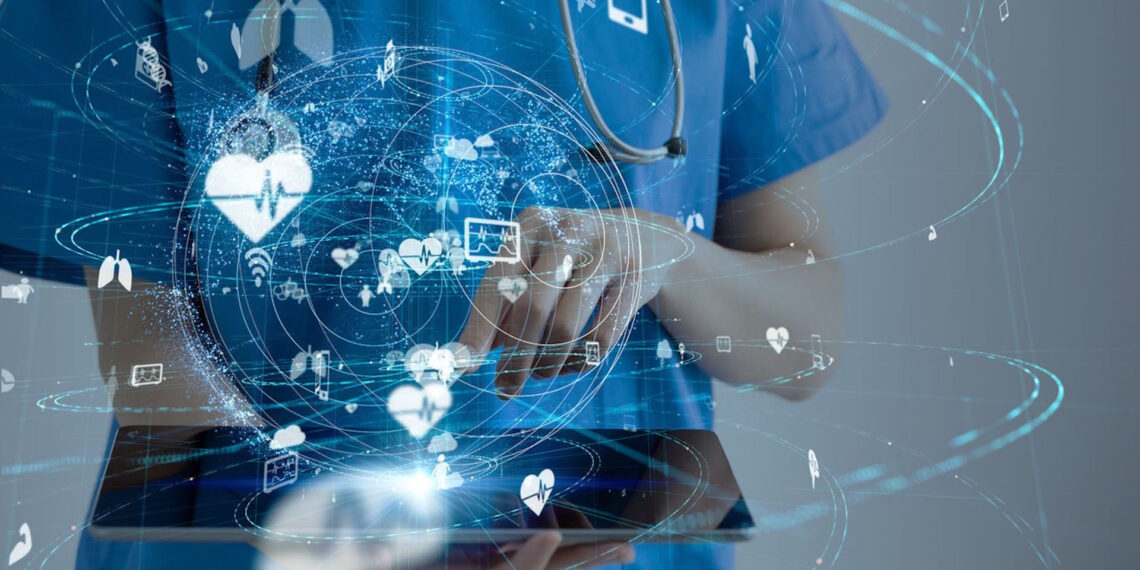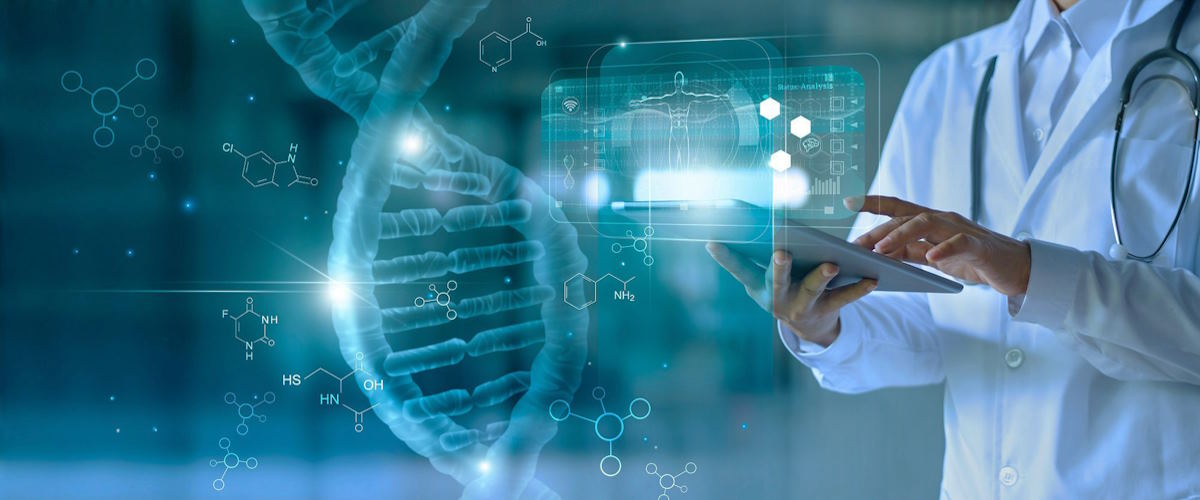How Data Science is Shaping the Future of Healthcare

Data science is playing a pivotal role in transforming healthcare, with its ability to provide data-driven insights, improve medical diagnoses, and optimize healthcare operations. As technology advances, healthcare professionals are increasingly relying on data science to enhance patient care and operational efficiency.
Revolutionizing Healthcare with Data-Driven Insights
Data science offers the ability to analyze vast amounts of medical data, leading to improved decision-making. Key benefits include:
- Predictive Analytics: By analyzing historical patient data, data scientists can predict future health trends and outcomes, enabling proactive treatment.
- Personalized Care: Data science allows for tailoring healthcare plans to individual patients, improving the effectiveness of treatments.
- Improved Public Health: Analyzing population-level data can help identify public health trends and areas of concern, guiding preventive measures.
The Role of Machine Learning in Medical Diagnosis
Machine learning (ML) is one of the most significant applications of data science in healthcare, especially in the diagnosis and treatment of diseases. Machine learning models can:
- Enhance Diagnostic Accuracy: By learning from vast datasets, ML algorithms can identify patterns in medical images (such as X-rays and MRIs), helping doctors diagnose conditions like cancer more accurately.
- Support Early Detection: Machine learning can detect early signs of diseases like heart disease or diabetes, leading to earlier and more effective interventions.
- Automate Routine Tasks: ML models can automate the analysis of medical records, freeing up time for healthcare professionals to focus on more complex tasks.
Optimizing Healthcare Operations Through Big Data
Big data analytics is transforming the way healthcare organizations operate. By analyzing large datasets, healthcare providers can:
- Improve Efficiency: Data science helps streamline operations, reduce waiting times, and manage resources more effectively.
- Enhance Patient Care: Real-time data allows for better monitoring of patient conditions, enabling timely interventions.
- Reduce Costs: Data-driven insights help reduce unnecessary tests and treatments, leading to cost savings for healthcare systems.
Data science is revolutionizing healthcare by improving diagnostics, optimizing operations, and providing personalized care. With its growing role, the future of healthcare will be more data-driven, efficient, and accessible, ultimately leading to better patient outcomes.



